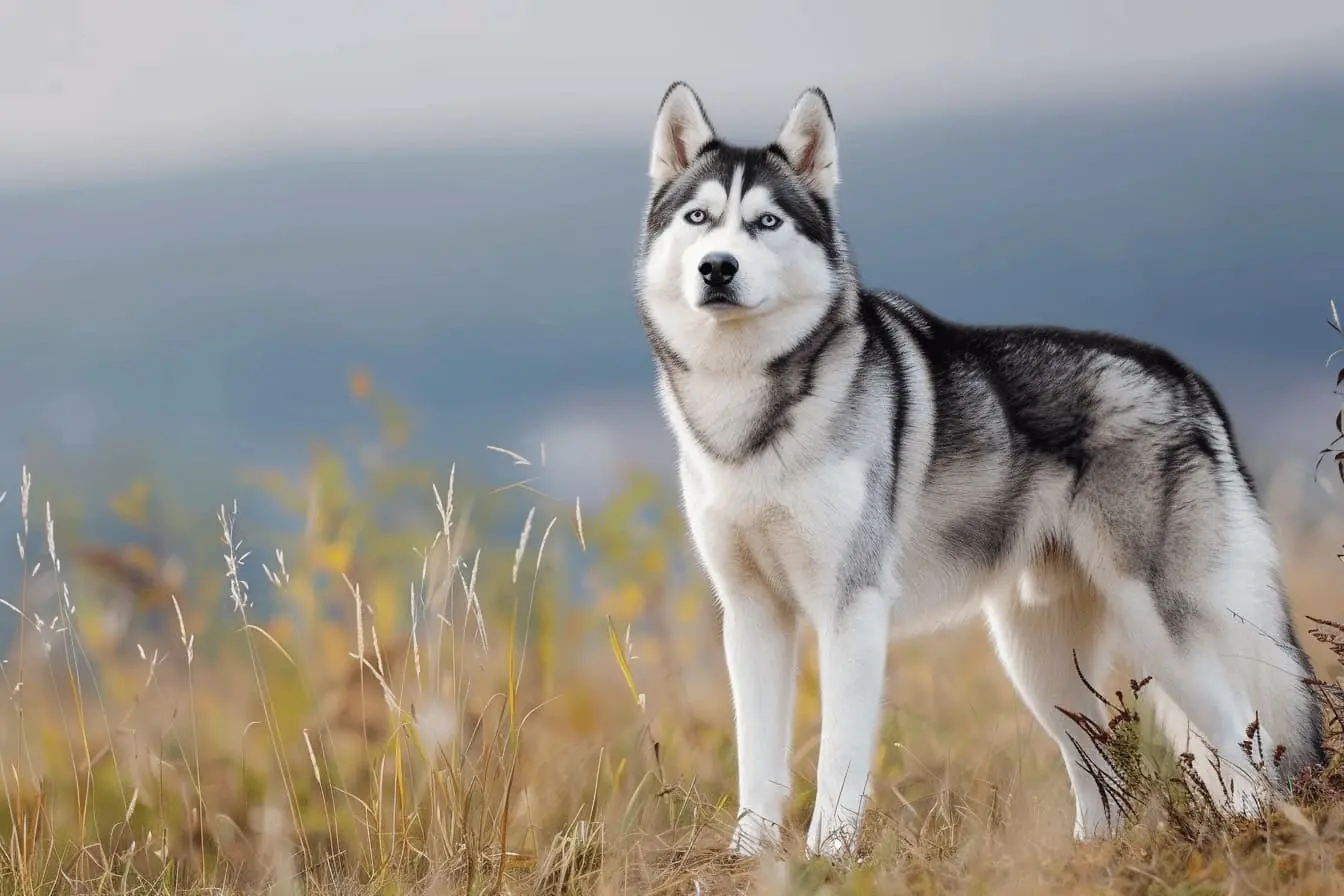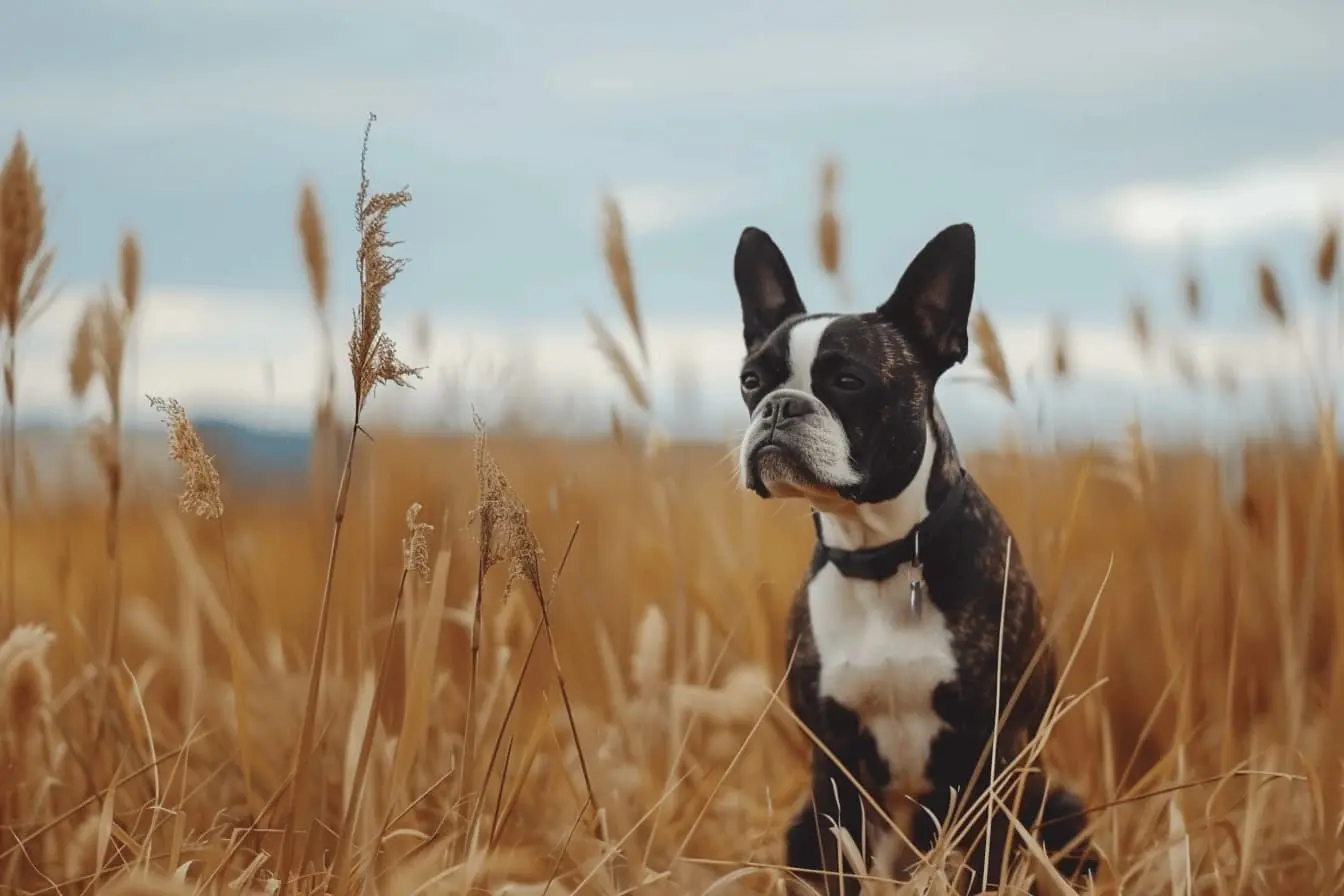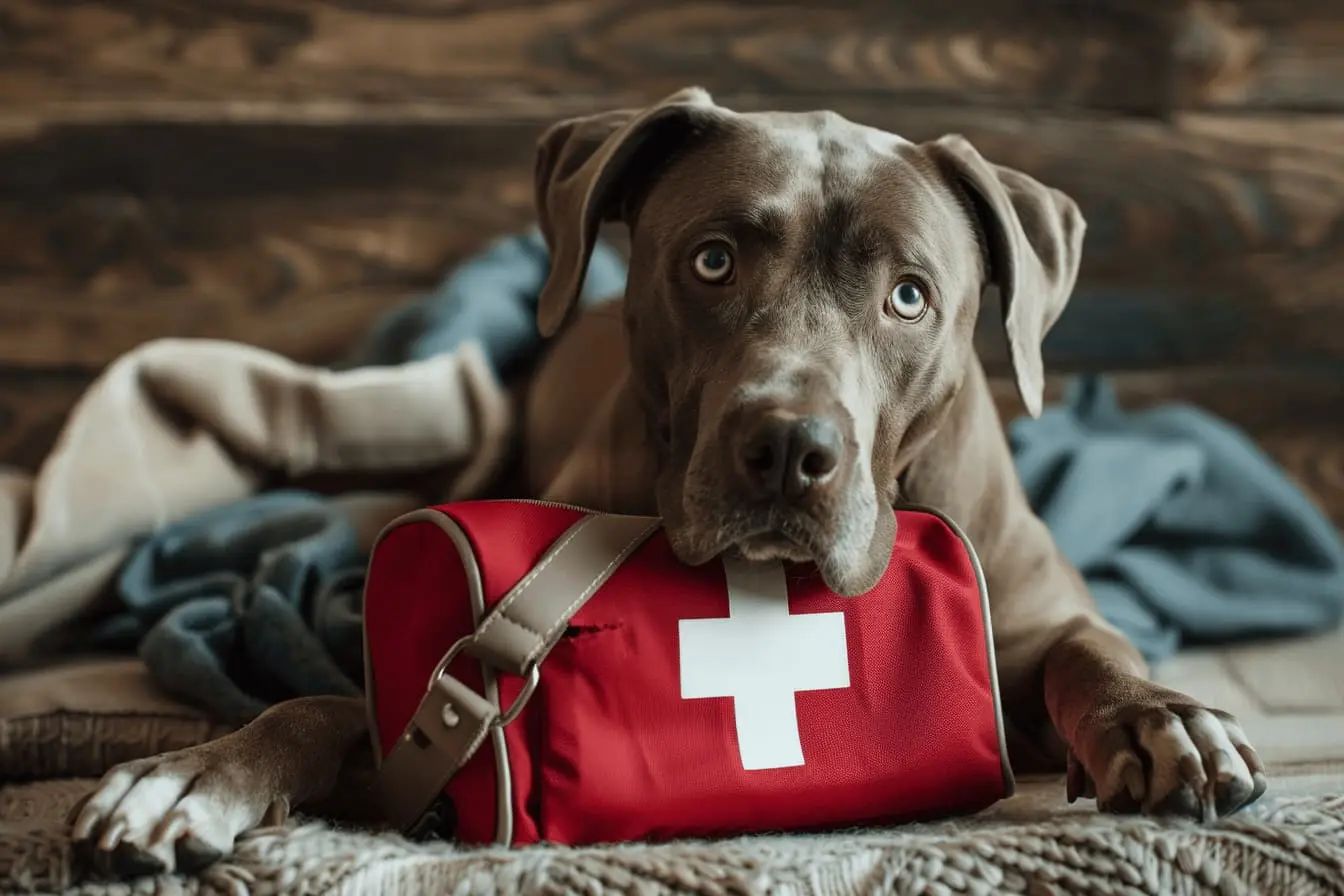
The Siberian Husky: A Majestic and Energetic Companion
The Siberian Husky, with its striking appearance and vibrant personality, is a breed that captivates the hearts of many. Known for their wolf-like features, boundless energy, and friendly demeanour, Huskies are more than just sled dogs; they are loyal companions and integral members of the family. If you're considering bringing a Siberian Husky into your life, it's crucial to understand the breed's specific needs, characteristics, and temperament. This comprehensive guide will provide you with everything you need to know about owning a Siberian Husky.
Breed Overview
Originally bred by the Chukchi people in Siberia for pulling sleds over long distances, the Siberian Husky is a medium-sized working dog known for its endurance and willingness to work. Today, they are cherished for their beauty, intelligence, and companionship, although they still retain many of their sled dog traits.
Physical Characteristics
- Size: Siberian Huskies typically stand about 20 to 23.5 inches at the shoulder and weigh between 16 to 27 kg, with males being larger.
- Coat and Colour: They have a dense double coat that can withstand extreme cold temperatures. Huskies come in a variety of colours and patterns, with the most common being black and white. Their striking eyes can be blue, brown, one of each, or parti-coloured.
- Lifespan: The average lifespan of a Siberian Husky is around 12-14 years.
Personality and Temperament
Siberian Huskies are known for their friendly and gentle nature. They are highly sociable and enjoy the company of humans and other dogs. Unlike many other breeds, Huskies do not typically display territorial behaviours, making them poor guard dogs but excellent companions.
They are intelligent and independent, which can sometimes translate to stubbornness. Huskies have a high prey drive and love to run, which means they can be escape artists, capable of overcoming fences and barriers.
Exercise and Training
Siberian Huskies have high energy levels and require ample exercise to stay healthy and happy. Daily vigorous exercise, such as long walks, runs, or play sessions in a securely fenced area, is essential. They excel in activities that utilise their strength and endurance, like sledding, skijoring, and hiking.
Training a Siberian Husky requires patience, consistency, and positive reinforcement. Early socialisation and obedience training are crucial to manage their independent streak and to ensure they become well-behaved adults.
Health and Care
Siberian Huskies are generally healthy, but they can be prone to certain genetic conditions, including hip dysplasia and eye disorders. Regular veterinary check-ups and a balanced diet are important for their well-being.
Their thick coat requires regular grooming to manage shedding, especially during the spring and fall. Despite their size and energy, Huskies can adapt to various living situations, including flats, if their exercise needs are met.
Living with a Siberian Husky
Siberian Huskies thrive in environments where they can be part of the family's daily activities. They are well-suited for active individuals or families who can provide them with the exercise, attention, and care they need.
Their friendly nature makes them great companions for children and other pets. However, their strong prey drive may require supervision around small animals. Huskies are known for their vocalisations, including howls, which can be charming to some and challenging for others.
Is the Siberian Husky Right for You?
If you're looking for an energetic, loyal companion who thrives on activity and companionship, the Siberian Husky may be the perfect breed for you. They are well-suited for active individuals or families who enjoy outdoor adventures and are prepared to meet their exercise and grooming needs.
However, if you prefer a low-energy dog, live in a hot climate, or are unable to provide the necessary exercise and mental stimulation, a Siberian Husky might not be the best fit for your lifestyle.
Conclusion
The Siberian Husky is a breed that offers unparalleled companionship, beauty, and vitality. With the right care, environment, and commitment to their needs, a Siberian Husky can become an irreplaceable member of your family, enriching your life with their adventurous spirit and affectionate nature. Whether exploring the great outdoors, participating in dog sports, or simply enjoying quality time together, a Siberian Husky brings joy, energy, and a sense of freedom to every moment.
Vets near you
Speciality vets
- Aquatics vet specialists
- Birds vet specialists
- Camelids vet specialists
- Cats vet specialists
- Cattle vet specialists
- Deer vet specialists
- Dogs vet specialists
- Equines vet specialists
- Exotic vet specialists
- Goats vet specialists
- Pigs vet specialists
- Poultry vet specialists
- Sheep vet specialists
- Small Mammals vet specialists
- Wild vet specialists
Vet facilities
- Accessible by public transport
- Blood testing
- Car park nearby
- Client car park
- Dentistry
- Diagnostic imaging
- Disabled public access
- Flea and worm treatments
- Microchipping
- Mobile services
- Neutering
- Open at weekends
- Out-of-hours service
- Referral interests
- Referrals only
- Street parking outside
- Toilets available
- Vaccinations



